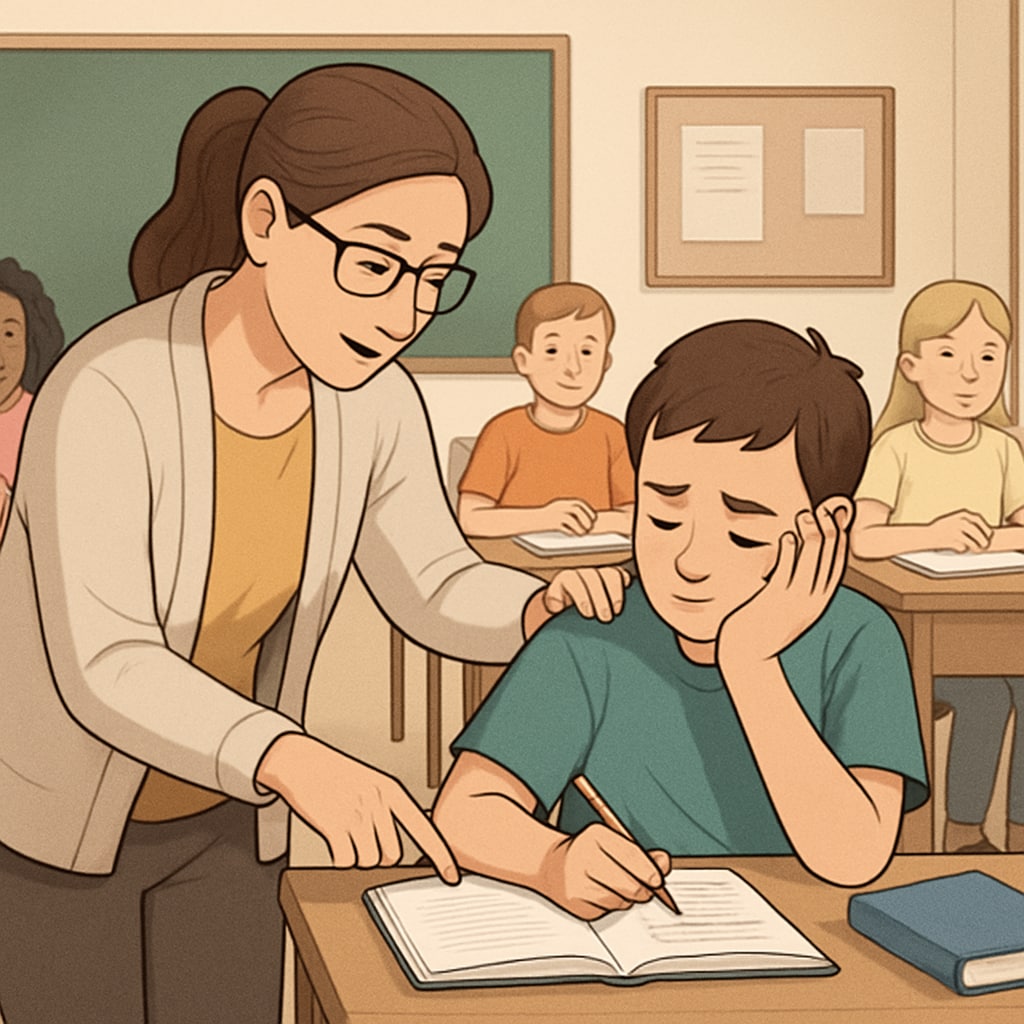Parents navigating school applications for children with mental health conditions, such as ADHD or anxiety disorders, often face significant systemic obstacles. The process of securing appropriate school placements and accommodations is both emotionally and bureaucratically challenging. Despite legal provisions ensuring education rights, many families find themselves advocating tirelessly to bridge the gap between their child’s needs and the limitations of existing school systems.

Understanding the Challenges in School Applications
The education system is designed with a one-size-fits-all approach, which often neglects the complexities of mental health. For children with conditions like ADHD, depression, or generalized anxiety disorder, standard classroom settings can exacerbate their difficulties. Parents frequently encounter resistance when requesting assessments, such as ADHD evaluations, or when advocating for individualized education plans (IEPs). This resistance stems from factors like lack of resources, insufficient teacher training, and misconceptions about mental health.
In addition, the school application process itself can be overwhelming. Parents are required to navigate multiple layers of documentation, communicate with administrators, and often seek external professional evaluations to substantiate their child’s needs. As a result, many families feel isolated and unheard, leading to frustration and delayed interventions.
Strategies for Advocating for Education Rights
While the challenges are daunting, there are ways for parents to effectively advocate for their children’s education rights:
- Educate Yourself: Understand local laws and policies related to special education. For example, in the U.S., the Individuals with Disabilities Education Act (IDEA) ensures that children with disabilities receive free appropriate public education.
- Request Formal Evaluations: Schools are obligated to conduct necessary assessments, such as ADHD evaluations, if a parent or guardian formally requests them. Ensure all requests are documented.
- Build a Support Network: Connect with other parents facing similar challenges, as well as advocacy groups specializing in mental health and education rights.
- Seek Professional Assistance: Consult educational psychologists or legal professionals who can guide you through complex processes and advocate on your behalf.
- Engage with School Staff: Work collaboratively with teachers, counselors, and administrators to create an actionable plan tailored to your child’s needs.

When the System Fails: Alternative Options
Despite best efforts, parents may face situations where the education system simply does not meet their child’s needs. In such cases, exploring alternative education options can be beneficial:
- Specialized Schools: These institutions are designed specifically for children with mental health challenges, providing tailored curricula and therapeutic support.
- Homeschooling: This allows parents to create a customized learning environment while addressing their child’s unique needs.
- Online Education: Virtual learning platforms often offer flexibility and can reduce stress for children who struggle in traditional settings.
While these options may not be feasible for every family, they offer a lifeline for those whose children are unable to thrive within mainstream education systems.
It is imperative for schools to recognize that mental health is an integral part of a child’s ability to succeed academically. By addressing systemic shortcomings and empowering parents with effective strategies, the education system can move closer to fulfilling its promise of equitable learning opportunities for all students.
Readability guidance: Use clear, concise paragraphs and bullet points to summarize actionable strategies. Include transitions such as “however,” “in addition,” and “as a result” to maintain flow and clarity throughout the text.


